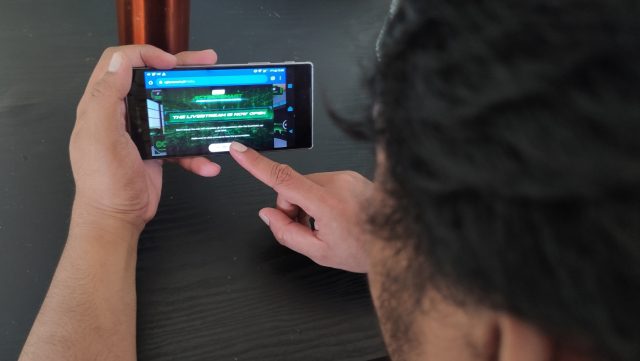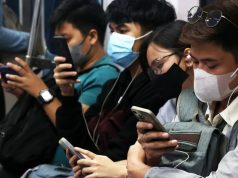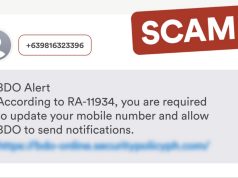More than 2,000 students in Metro Manila were warned of cybercriminals lurking in the conduct of their online classes amid the novel coronavirus pandemic.
The digital caravan called #CyberSmart Cyber Security Beyond Digital was launched this September through a virtual hall. This event was sponsored by Smart Communications Inc.
In the caravan, the participants who came from around 100 schools in the capital were provided with interactive booths where they played games about online threats and a virtual auditorium where they listened to six TED-style talks about cybersecurity.
Last April, a representative from Smart Communications stated that the telecommunications provider blocked more than 9.8 billion attempts of its subscribers to access comprised pages. This corresponds to more than 19 times the total attempts blocked in the first three months of the year.
“Our cyber threat intelligence operators have observed attacks launched against employees who are working from home. Hackers are trying to steal personal information that can be traded in the dark web. On average, we have been preventing more than 320 million attempts to enter these unsafe sites daily since April,” said Angel Redoble, chief information security officer and first vice president at PLDT, ePLDT and Smart.
Melvin Nubla, Smart device president for Go-to-Market & Subscriber Management, also said his department has seen reports and news about data leaks in social media, hacked financial accounts and other cyber-related woes.
Nubla urged students to be more aware of such online threats.
“Recently, we have been seeing news of compromised financial accounts, data leaks from social media platforms and other cyber-related attacks. It is then imperative that we become aware of the looming threats and equip ourselves with the right information so we can protect our digital lives,” he said.
The Commission on Higher Education proceeded with resuming classes in colleges and universities last August 24 through flexible learning or the mixture of online and offline learning.
The Department of Education likewise scheduled the start of classes for primary and secondary schools on October 5.
Smart provided students with the following insights to help protect themselves from cybercrimes:
- Staying smart of “cybersmart” in the amount of information students share on social media.
- Know what phishing looks like. It is similar to the fraudulent “budol-budol” schemes.
- Keep Zoom conferencing secure using passwords and turning on Waiting Room.
- Bulk up “defenses” in their social media accounts by turning on privacy and security features.
- Secure smartphones by setting a passcode, downloading from trusted sources, questioning app permission requests.
- Develop critical thinking and news literacy skills to ward off false information online. Avoid engaging with questionable content.
Raymund Liboro, chairman and commissioner of the National Privacy Commission, similarly appealed to the public to adopt practices that will protect them against cyber attacks.
“Digital offers a lot of convenience but also has its risks and potential harms. With this in mind, we should adopt and practice privacy protection and inculcate this as our personal values. Times are changing. And we, as a nation, should be well equipped to tackle digital challenges that we currently face as we intensify the use of personal data,” Liboro said.]
Editor’s Note: A unit under PLDT’s media conglomerate has a majority stake in Philstar Global Corp., which runs Interaksyon. This article was independently produced following editorial guidelines.










